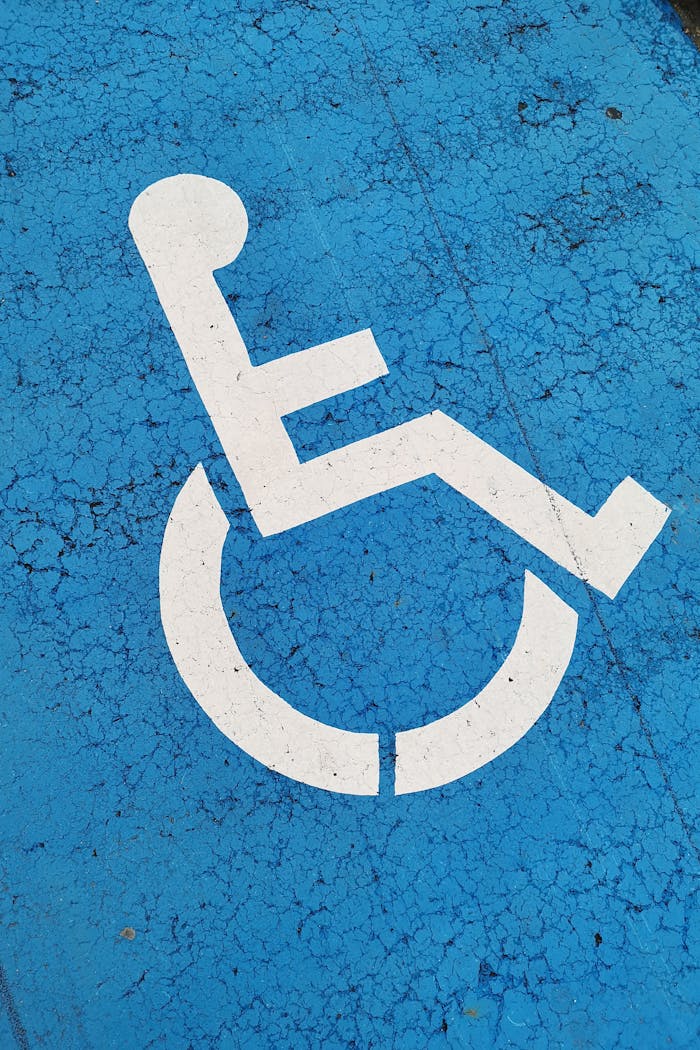

Comprehensive Resources
Our platform offers extensive information on disability rights and social security laws. Stay informed about your legal options and make empowered decisions regarding your entitlements.
24/7 Availability
Access our resources anytime, anywhere. Our online platform provides up-to-date insights and legal information whenever you need guidance, ensuring you’re never alone in your journey.
Dedicated Support
We are committed to promoting accessibility and justice. Our resources are designed to empower individuals and provide clarity on the legal framework surrounding disability rights.
Disability Rights Guidance
Get detailed insights into your rights under disability laws and how they affect you and your loved ones.
Social Security Assistance
Navigate the complexities of social security laws with our expert resources designed for individuals and organizations alike.
Legal Framework Education
Access comprehensive educational materials to enhance your understanding of disability rights and social security law.
Insightful Articles
The Role of Insolvency Lawyers in Navigating Bankruptcy
Understanding Bankruptcy Bankruptcy is a legal process that allows individuals or businesses unable to repay…
What Do Insolvency Lawyers Do and When Should You Hire One?
Insolvency can be a daunting and complex issue for individuals and businesses alike. When faced…
Understanding Gender Discrimination Laws in Sydney: Rights, Protections, and Legal Remedies
Gender equality has been a fundamental goal in modern societies, yet discrimination based on gender…
Top Disability Advocacy Legal Services in Australia: Your Guide to Rights and Support
Navigating the complexities of disability laws and securing essential services can be overwhelming for individuals…
What Our Clients Say










